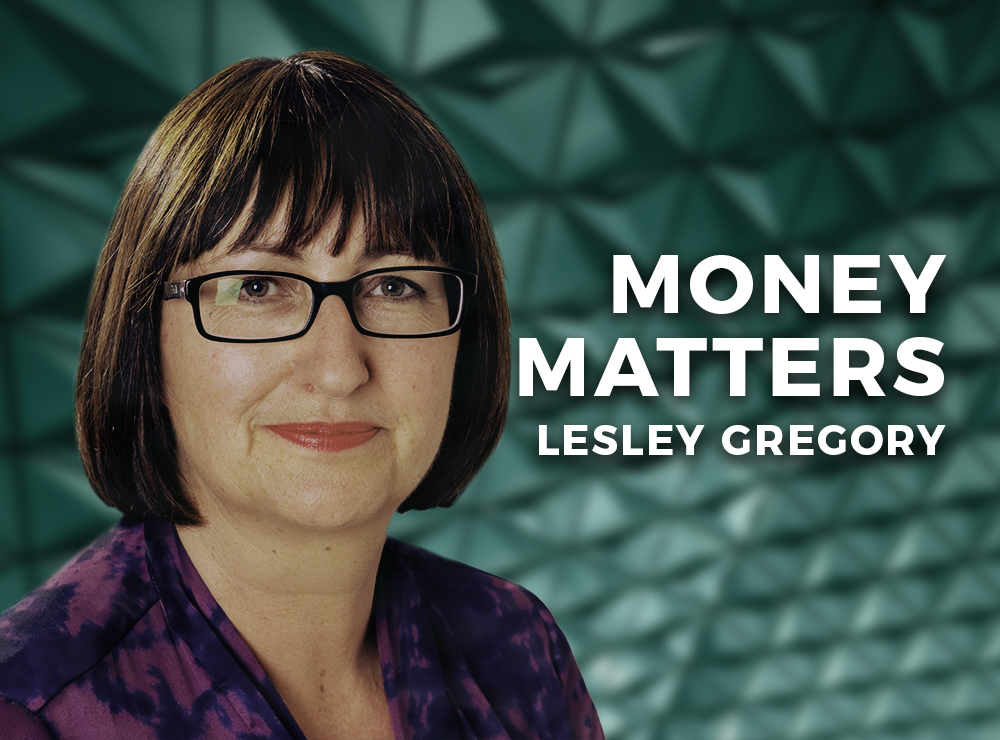
By LESLEY GREGORY
There’s a big dose of uncertainty out there as we approach the new year – about Brexit, about the impact of climate change, about what Mr. Trump will do or say next.
That’s showing up in consumer sentiment in places like the UK and Australia (though in the US it’s proving resilient). People are reluctant to spend money when they don’t know what lies ahead.
With sometimes confusing signals, how can we find the clarity to make decisions for our personal finances in 2020? My fallback position when I’m not sure what to do is to ask myself: “What would Nana say?”
Then I draw up my “to do” list.
1. Don’t put off until tomorrow what you can do today
Your first task for the year should be to review your finances. First, understand your current situation. Second, write or review your budget. Third, set some new goals for 2020. Having goals makes budgeting much more fun.
To do: Check out a budget planner on an independent money site, like this one.
2. The sooner you start, the better
When it comes to savings and investments, time is your friend. Compounding is a powerful investment principle that means the earlier you start to save the more your savings will grow. Over time, interest is earned on not only your money but on the interest you’re earning on that money.
To do: If you need a bit of a nudge to save more for your retirement, play around with a retirement savings calculator to see the impact of even a small increase.
3. What goes up might come down
OK, I cheated a bit on that one. But I think Nana would agree that for any financial decision in the coming year, you should consider the worst-case scenario – no matter how unlikely it may seem at the time. It’s easy to be an optimist about taking on debt when interest rates are low.
To do: Stress test your finances – how long could you cope if your income was interrupted?
4. A penny saved is a penny earned
By not spending, you not only have that money in your hand but also the potential to turn it into more. Let’s say you have a car lease and it’s ready to be rolled over. When you’re not paying upfront it’s much easier to go for the 2020 model with all the extras. But perhaps you’d be better off, financially, buying a more “sensible” model and putting the money left over to work elsewhere. (Did we mention retirement savings?)
To do: As a first step, divert some of your pay packet – or more of your pay packet – to a high(er) interest online savings account.
5. Neither a borrower nor a lender be
You’d be surprised what debt collectors see: people going to the wall not for a hefty mortgage but over relatively small credit card debts. People tend to understand what their mortgage commitment is but can be a bit sanguine about smaller debts. Be mindful when you use your credit card – think about whether that purchase, and the associated debt, is something you really need.
To do: Obtain a copy of your credit report and check it not just for blemishes but for accuracy.
6. No pain, no gain
If you do have credit card debt, don’t be lulled into a sense of complacency by the minimum repayment on your credit card statement. If you’re paying just 2% or 3% off your card when the interest on the debt is close to 20% (yes, really), it could take years to clear, at the cost of significant interest payments over time.
To do: Work out how long it would take to pay off your credit card paying only the minimum here.
7. You get what you pay for
Insurance should be part of the picture when your review your finances. But whether it’s income protection, life, health or even car and travel insurance, don’t select a policy just because it’s the cheapest. A cheap travel policy may seem a bargain until you find that you can’t claim for stolen cash or the full value of your camera, for instance.
To do: Do you need more insurance this year to cover increasing liabilities, or less because you’ve paid off the mortgage and the kids have left home? Try this life insurance calculator.
8. Be prepared
Actually, the Scouts say that. But so would Nana. Why have an emergency fund when you’ve got a credit card? Because if you use the plastic all you’re doing is putting the problem off for a month (and a bit). Financial advisers suggest having at least three months’ living expenses set aside – and up to 12 months’ worth if your job is insecure.
To do: Check the terms of your income protection insurance – when does it kick in, and when does it drop out?
9. If it ain’t broke, don’t fix it
Lastly, it’s great to review your personal finances at least once a year, or whenever circumstances change. But don’t feel like you have to change something, just for the sake of it. If everything’s working, there’s nothing wrong with doing more of the same in 2020.
LESLEY GREGORY is an experienced personal finance and consumer journalist. She writes for TEBI about the areas that aren’t directly related to investing. See below to read a few more of her articles:
Christmas gifts that keep on giving
Five ways to wean yourself off of your credit card
Why you should stress test your personal finances
Is customer loyalty costing you money?
Every purchase has an opportunity cost
Why you might regret a genetic test










